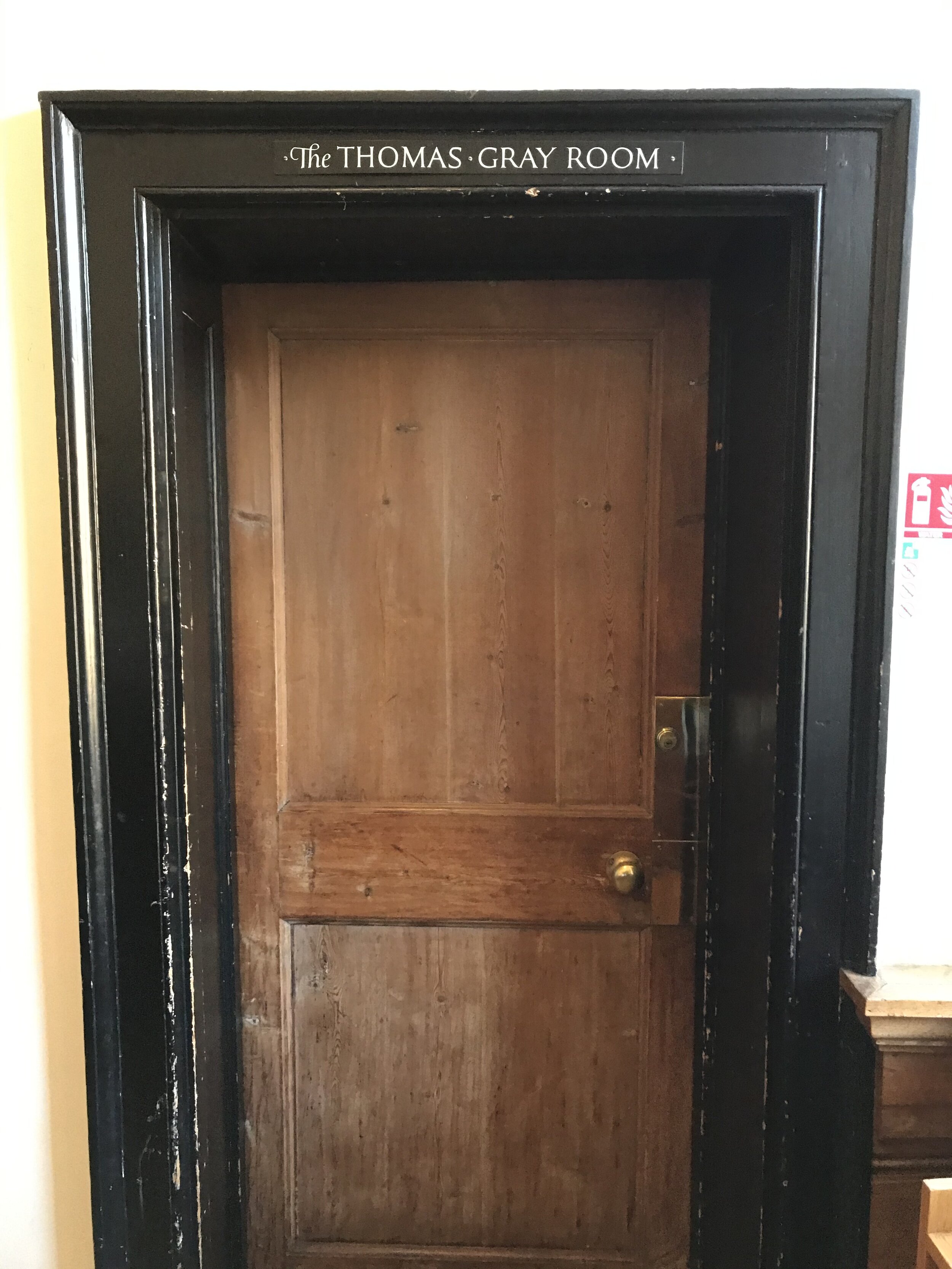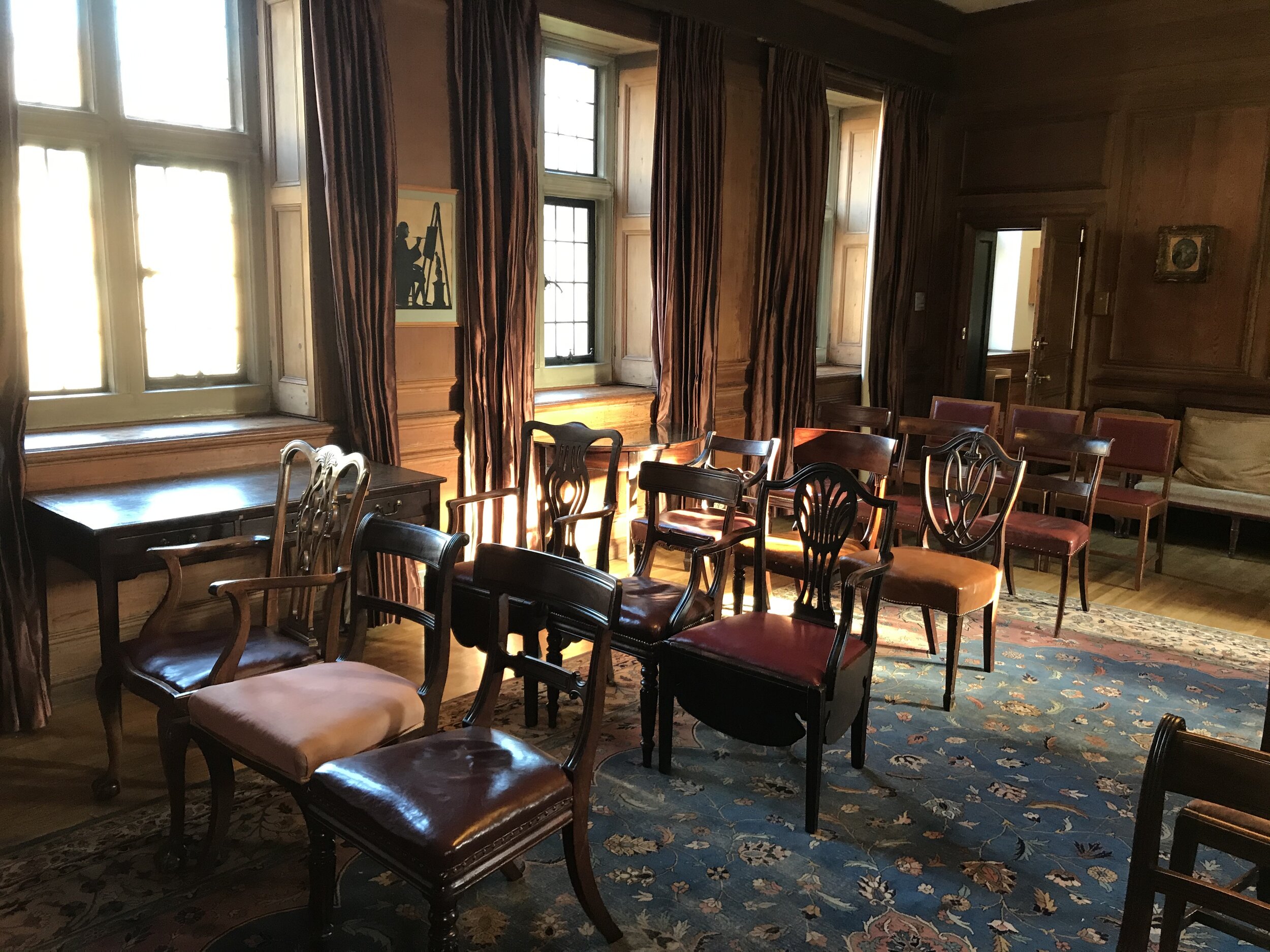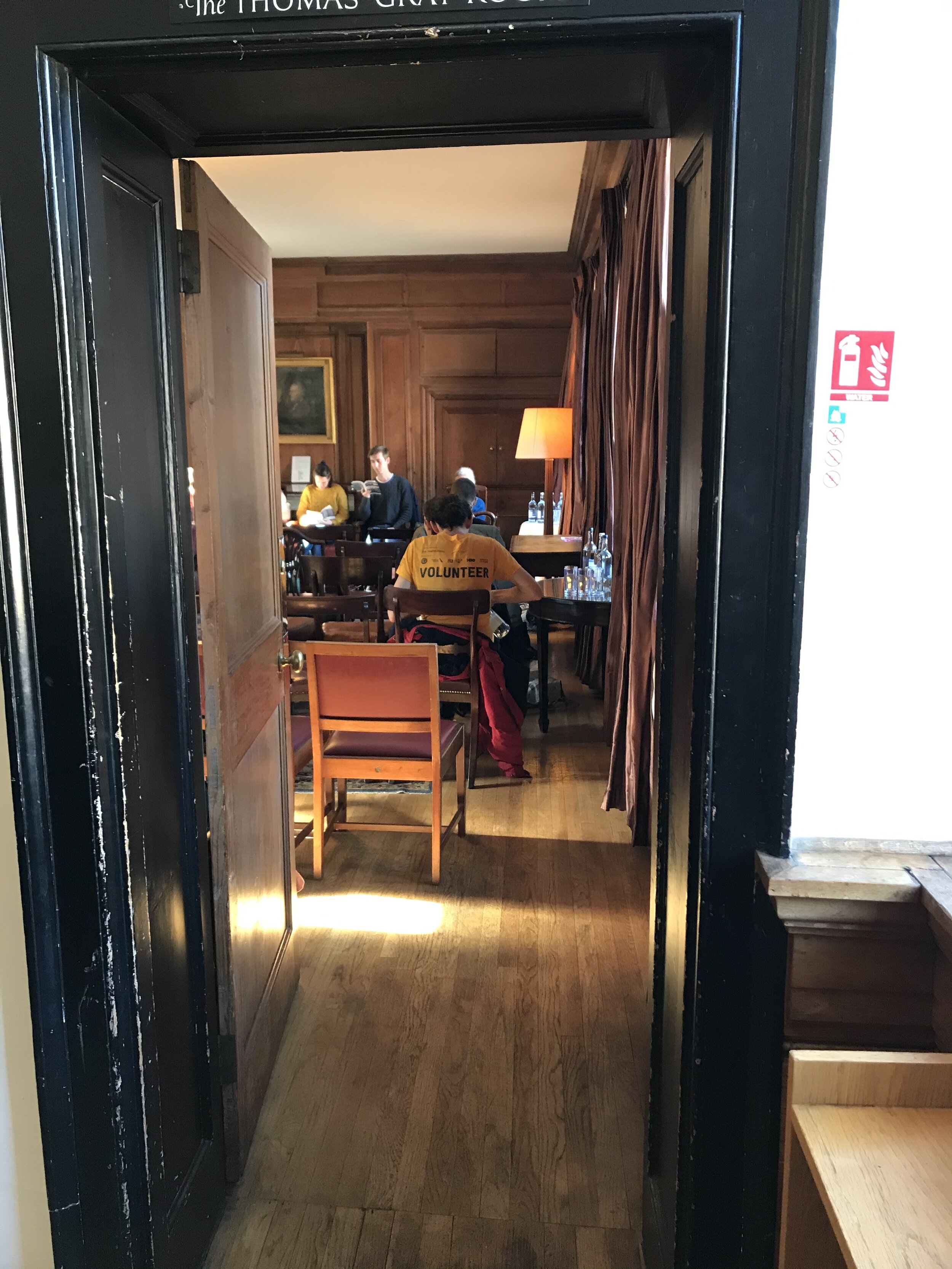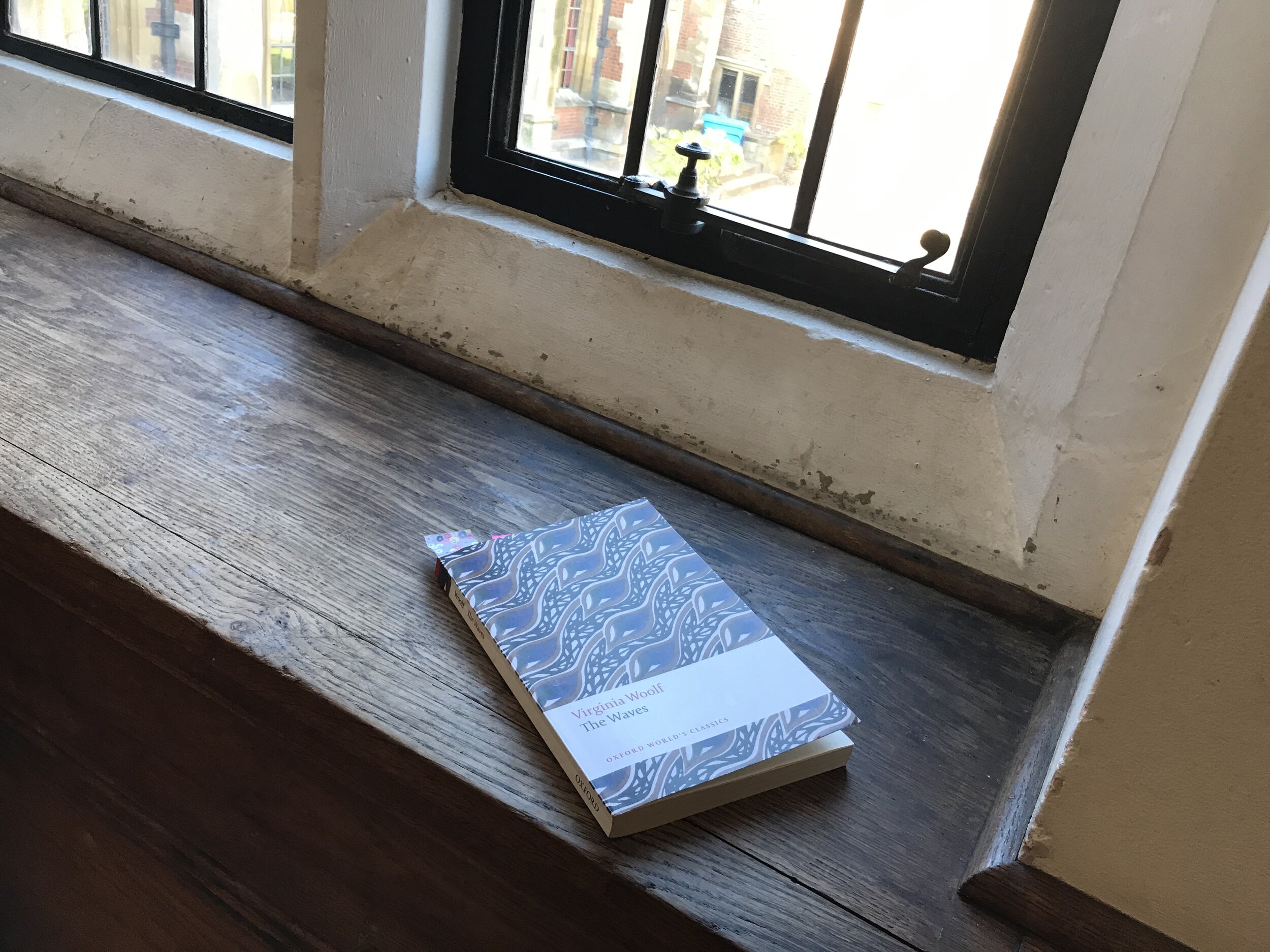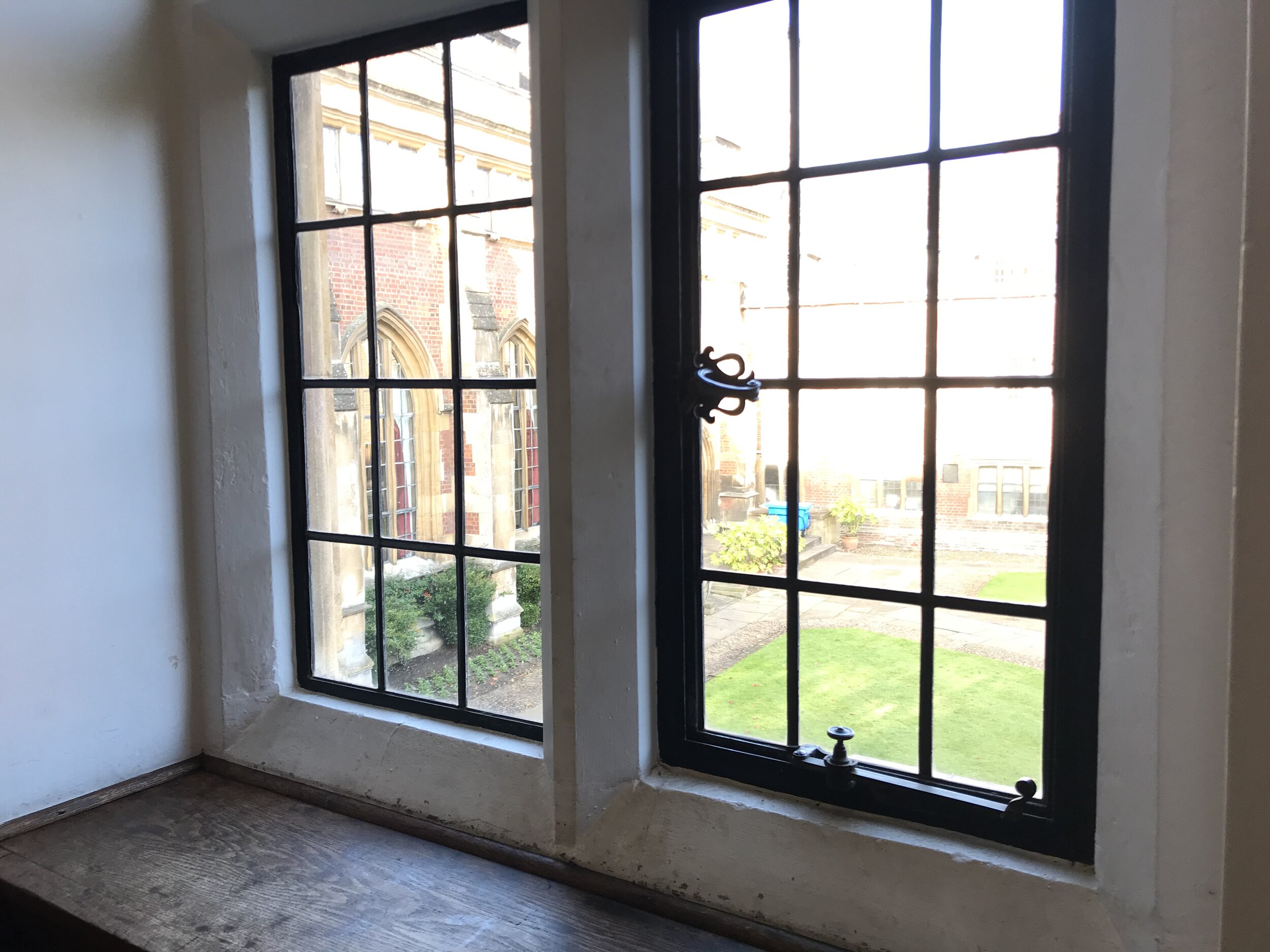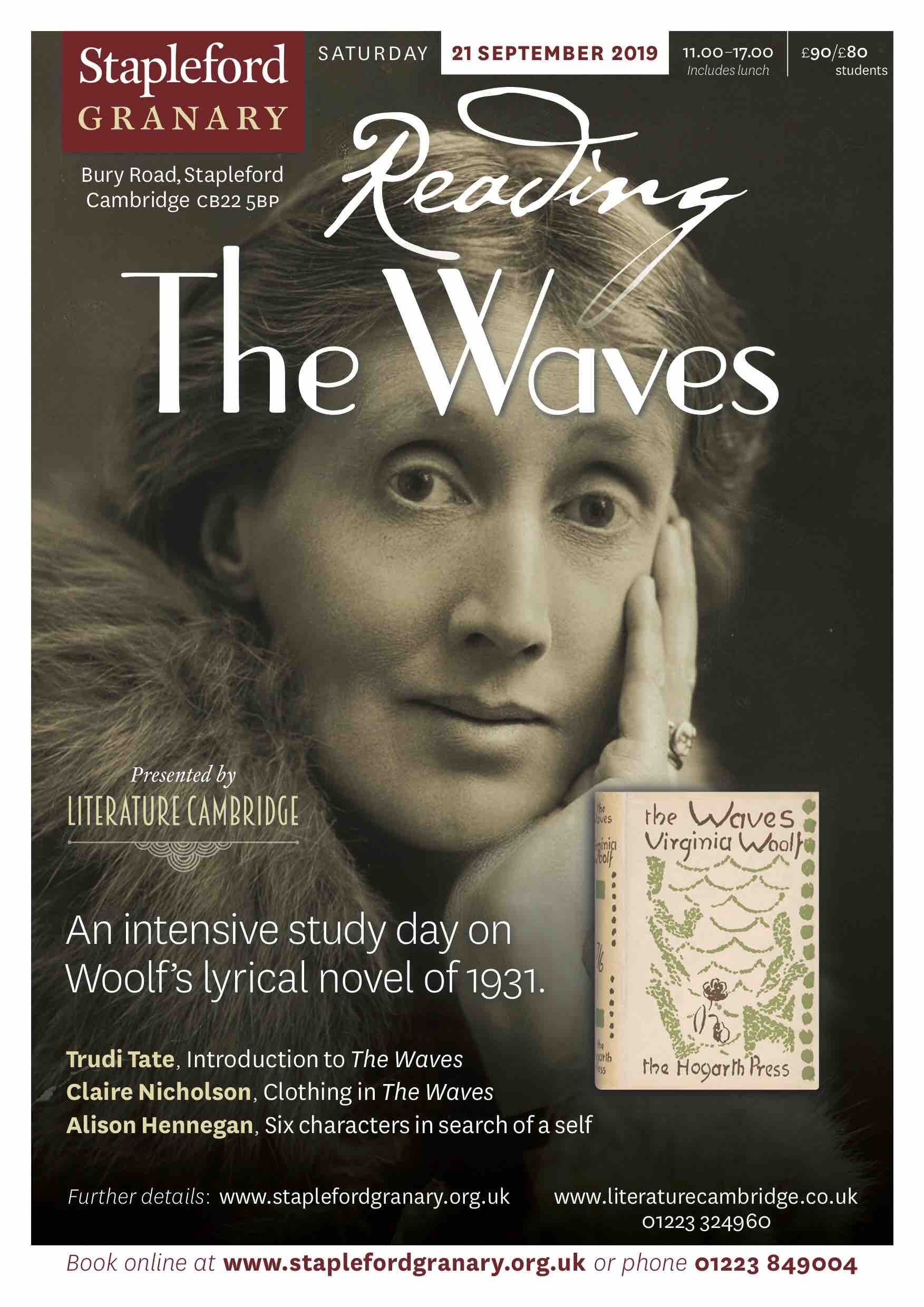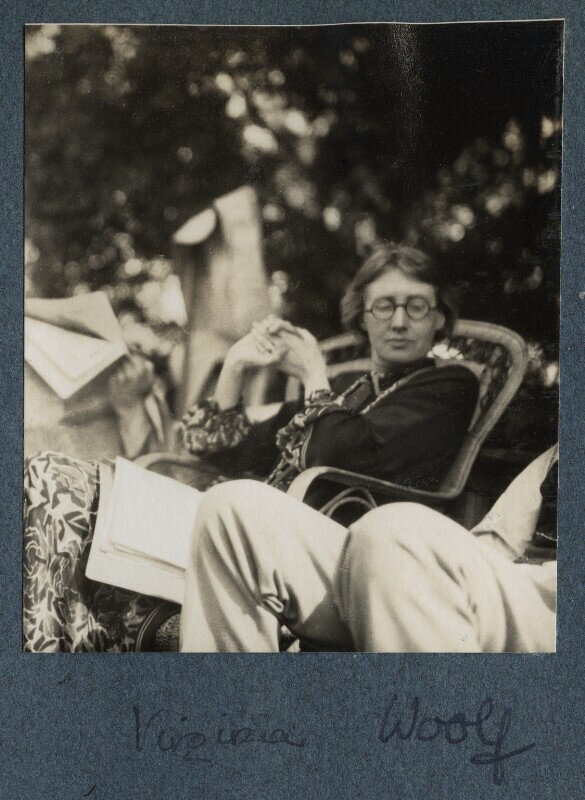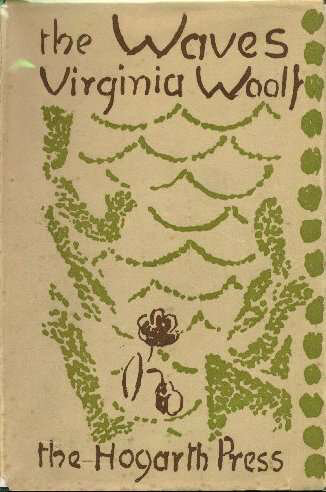Lisa Hutchins: Listening to The Waves
Lisa Hutchins writes about the experience of hearing Virginia Woolf’s The Waves read aloud in its entirety.
Many years ago I sat in a car park in Devon, following a strenuous climb up an Exmoor hillside, with Radio Four on the car stereo. The announcer discussed the upcoming item, a radio play of The Waves, in reverential tones.
My partner, a lifelong Virginia Woolf devotee who took part in this reading using the edition he acquired and annotated as a 14-year-old schoolboy, and has treasured ever since, was delighted. ‘Let’s listen’, he said. ‘This will be great.’
To my shame, I refused point blank. And I was handed a life lesson that day, although it took me years to realise it. Had I been a bit more open-minded, I would have saved myself a lot of trouble. For it appears that Woolf’s ultimate experiment in literary form lends itself particularly well to the spoken word, and I do wish I had taken more notice of that fact when I had the chance.
When I set out to read her works properly, I found her at first as difficult as she is sometimes reputed to be. But very quickly I discovered that with the correct shift of mental gears I could read, absorb and enjoy her novels greatly. I came to understand and appreciate some of the qualities that have led her to be considered perhaps the most important novelist in the English language.
Except for The Waves. For, dear reader, I confess now that I have simply never been able to read it. My partner’s favourite novel, perhaps the crowning literary achievement of the 20th century, was literally a closed book to me.
I was fortunate to attend the recent Literature Cambridge Study Day on The Waves at Stapleford Granary. We booked almost as soon as tickets were released, partly as a birthday treat for the household Woolf devotee, but partly so that I might finally find some way of approaching the novel.
I came away with the understanding that it demanded a fundamental shift in my reading style. In the same way that some people fall foul of abstract art through an insistence on seeking a narrative that isn’t the point of the picture, I was failing to engage because I was focusing on the wrong things.
I would pore over a paragraph, trying to fix its events, its progression, in my head. When I felt I hadn’t managed this, I would read the paragraph again, and then again. The result was that I never managed to move much beyond Susan’s and Bernard’s escape to the beech wood in the first few pages.
But, of course, you can’t do that when a book is read aloud. You have to relax your grasp on it and surrender each paragraph to each succeeding one. The cadences and rhythms become at least as important, in fact much more important, than maintaining a rigid sense of plot, setting or characterisation.
Now I feel as I might while standing in front of a picture by Mark Rothko where the decisive forms and subtle shifts of colour prove every bit as satisfying as the roiling, intricate cloud formations of John Constable or the merciless clarity of a Paula Rego portrait.
So, my heartfelt thanks to Literature Cambridge Director Trudi Tate, and a group of generous people prepared to spend lengthy spells as Bernard, Neville, Louis, Jinny, Susan and Rhoda (not to mention Dame Gillian Beer and Leigh Chambers reading the interludes). Thanks to them all, I have now read The Waves.
It was a near 12-hour marathon, but I wouldn’t have spent the time any differently. I left with a towering sense of achievement. Thank you! Whatever next year’s choice of novel, I am confident that we will want to be a part of this excellent annual event again.
Lisa Hutchins
Cambridge
*
Literature Cambridge puts on a day-long reading of an entire Woolf each year. In 2018 we read To the Lighthouse; in 2019 The Waves. We plan to read Mrs Dalloway in October 2021. Contact us if you would like to be on our mailing list.
Email: info@literaturecambridge.co.uk

